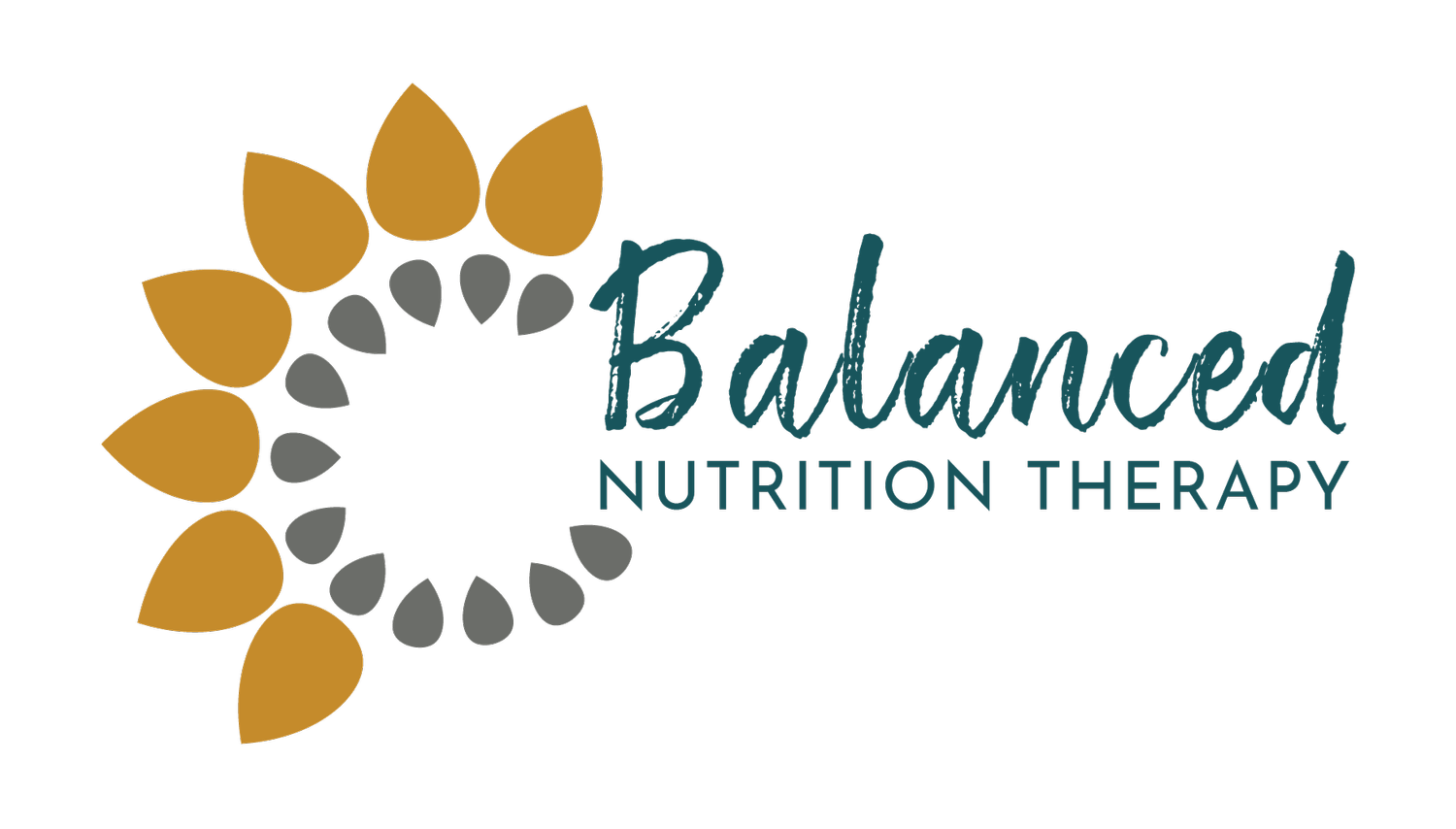Binge Eating Disorder Help in St. Louis & Beyond
If you're struggling with binge eating in St. Louis, you’re not alone and you don’t have to keep trying to manage this by yourself. As Registered Dietitians specializing in Eating Disorders, many of our clients come to us unsure if what they’re experiencing even “counts” as an eating disorder. They say things like:
“I just emotionally eat, doesn’t everyone?”
“I can’t stop once I start.”
“I don’t really know what counts as a binge.”
“I hate myself after I eat.”
“Certain foods feel totally out of control.”
“I’m not underweight, I can’t be malnourished.”
Binge eating disorder (BED) is one of the most common (and misunderstood!) eating disorders. The truth is, it often exists under the radar, hidden behind shame, secrecy, and diet culture. But we see you. If food feels like it controls your life, your emotions, or your self-worth, you deserve support.
What Does Binge Eating Disorder Look Like?
Binge eating can feel like you're stuck in a cycle you didn’t choose. It often involves eating large amounts of food quickly, even past the point of fullness and still feeling like you can’t stop. You may find yourself eating in secrecy, overwhelmed by guilt or shame, or eating far more than most people would in a similar time period. Many people describe eating faster than usual, feeling physically uncomfortable, and still thinking, just one more bite.
You might not even feel present while it’s happening. But afterward? The emotional weight hits; shame, guilt, disgust. The sense that something is really wrong but also not knowing how to fix it.
This isn’t about willpower. It's about unmet needs, emotional overwhelm, and often, the aftermath of chronic restriction.
Why Does Binge Eating Happen?
There’s no one reason someone develops BED. Often, we see a combination of:
Physical restriction: Skipping meals or dieting during the day often leads to loss of control at night.
Emotional overload: Using food to cope with sadness, anxiety, loneliness, or overwhelm.
Learned patterns: Family or cultural dynamics that normalize or reinforce binge behaviors.
Exhaustion and unmet needs: Fatigue, dehydration, and sleep disruption can heighten cravings and impair regulation.
Conflicted feelings about body size or weight: Wanting to lose weight while simultaneously fearing the behaviors it might take to get there.
The Truth About Recovery from Binge Eating Disorder
Recovery doesn’t mean you never have a tough day. It means you gain the tools to navigate urges without spiraling into shame.
Eating consistent, balanced meals throughout the day
Building structure and routine with food
Creating distance between urge and behavior (e.g., waiting 5–30 minutes before acting on a binge urge)
Practicing emotional regulation skills like journaling, distraction, or grounding exercises
Identifying and challenging deeply held food rules
Learning how to allow all foods without fear
We use a trauma-informed lens in our work, helping clients explore the emotional roots of binge eating while also restoring nourishment and routine.
Our Approach to Binge Eating Recovery
Our compassionate clinical care offers a whole-person approach that centers you, not just the food.
1:1 Nutrition Therapy with Registered Dietitians
Build structured, flexible meals that meet your needs
Address medical risks & repletion
Get education around how food supports mental health
Recovery Coaching Options
Text support and accountability between sessions
Build a personalized toolbox of coping skills that work for YOU
Grocery support and post-meal processing
Post-Meal & Exposure Support
Stay with us after meals in our art space to work through any urges that come up
Practice eating “fear foods” in a supported, therapeutic environment
Team Collaboration
We coordinate with your therapist, doctor, or other care providers when therapeutically appropriate, because you deserve a team that works together.
Community Support
Our unique Everyday Recovery program offers additional community and accountability for a stronger recovery.
We also offer a free weekly support group!
What Makes Us Different
We understand how isolating and confusing BED can feel especially when diet culture tells you to just “have more discipline.” We know recovery isn’t about control. It’s about healing.
Our recovery coach offers support during the hardest moments, including post-binge or late-night urges, and helps you rebuild trust in yourself. Our team is here to support the version of you that’s exhausted from this cycle and ready for a new way forward.

You Don’t Have to Do This Alone
You deserve to enjoy food without guilt, to eat with peace and permission, and to trust your body again. We’re here to walk alongside you in that process.
Looking for help with emotional eating, binge eating, or feeling out of control around food?
We provide support for binge eating disorder in St. Louis and across the U.S. both virtually and in person.



